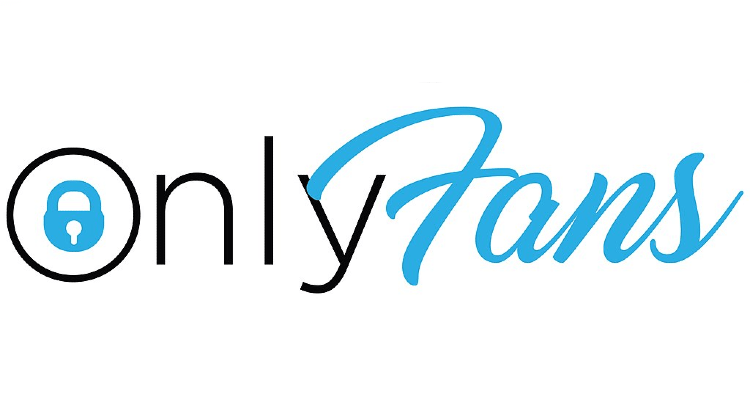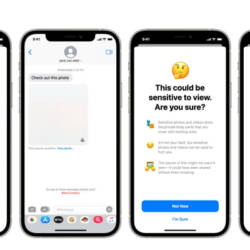OnlyFans Models and Copyright: Protecting the Value of Your Booty
Many new adult content creators are learning about rampant piracy the hard way.

Without question, the most important IP issue is the widespread theft of content posted by amateur content creators on sharing sites like onlyfans.com or justfor.fans.
The COVID 19 lockdown has resulted in a substantial increase in both content creators and fans looking to view content on these sites.
Social distancing and lockdowns caused countless traditional job losses, which encouraged many online users to begin selling risqué or explicit content to members stuck at home.
Many of these creators had no prior experience in the adult entertainment field and believed that their explicit content would only be seen by members who they allowed to subscribe and view the materials.
They were painfully unaware that this material would be pirated published for free on websites or social media platforms around the world. Much of this content would then be seen by surprised family, friends, employers, or ex-boyfriends/girlfriends.
Copyright claims
Copyright theft has been occurring online since the beginning of the Internet. But the scope of the infringement and the number of victims has vastly increased with the popularity of adult content sharing sites.
The widespread distribution of this content puts the creators at risk of violence and harassment by stalkers given the explicit nature of the material.
Removal of the content can be a costly and exhaustive process. It is never 100% effective. The content sharing platforms typically only obtain a license to publish the content, while the creator retains copyright ownership.
Legally, it’s up to the creator to pursue infringement claims in such instances. Some of the distribution platforms hosting the infringing content are located in foreign countries and are not responsive to takedown notices or copyright claims.
Content creators on their own
While redistribution of this content may constitute “revenge porn” under some state statutes, law enforcement is hesitant to become the copyright police for adult performers.
The sale of the content viewing rights to subscribers but not others confuses the legal issues and often results in these disputes being labeled a “civil matter” to be handled in the courts.
However, copyright infringement is exclusively the province of federal courts, and litigating a federal copyright claim is not realistic for most individual content creators.
Many of them do not know how to register copyrights with the U.S. Copyright Office, which is a prerequisite to filing an infringement suit.
Unless the content is registered before the theft occurs the creator cannot recover statutory damages or attorneys fees in court. This makes pursuing such cases impractical.
The end result is rampant piracy of amateur adult content with little recourse for creators.
Turning to DMCA notices
Some companies offer content protection services through sending of “DMCA Notices” and crawling the web in search of infringing content.
The DMCA stands for Digital Millennium Copyright Act and is the federal law which allows copyright holders to send an email notification containing specific language to the host of the content, demanding removal of the material.
If the service provider refuses, it can be held liable for indirect copyright infringement.
Many online service providers respond to legally-compliant DMCA notices, but some do not. Amateur content creators are learning the ins and outs of the DMCA as they try to get a handle on widespread theft of their content. Some popular creators earn enough revenue to sue platforms that refuse to honor DMCA takedown obligations. We are starting to see some of those cases.
However, many creators are learning the hard way that sharing “private” content for money on internet platforms can result in immediate theft and distribution of images that were intended for a very limited audience.
Image source: Only Fans

















